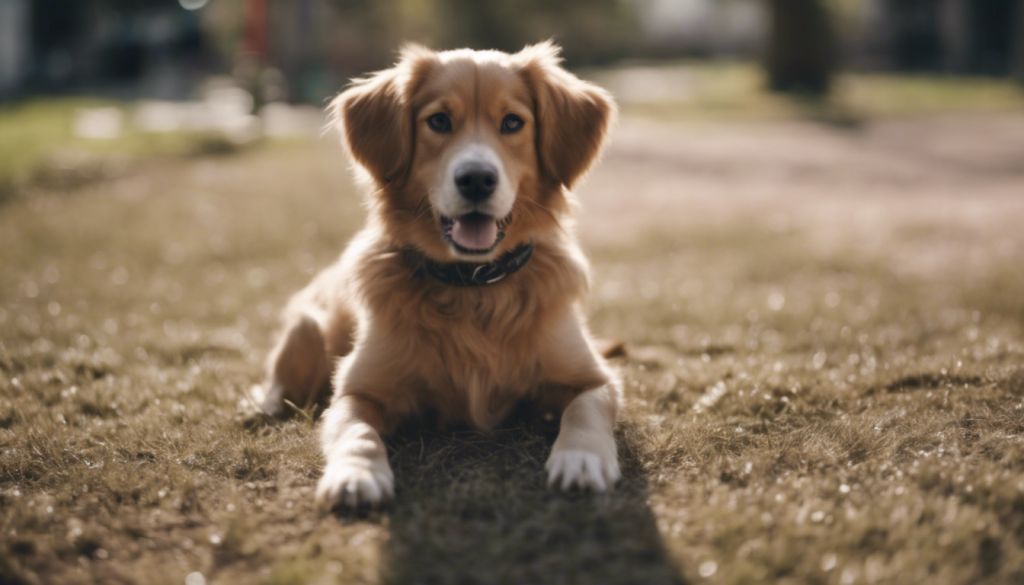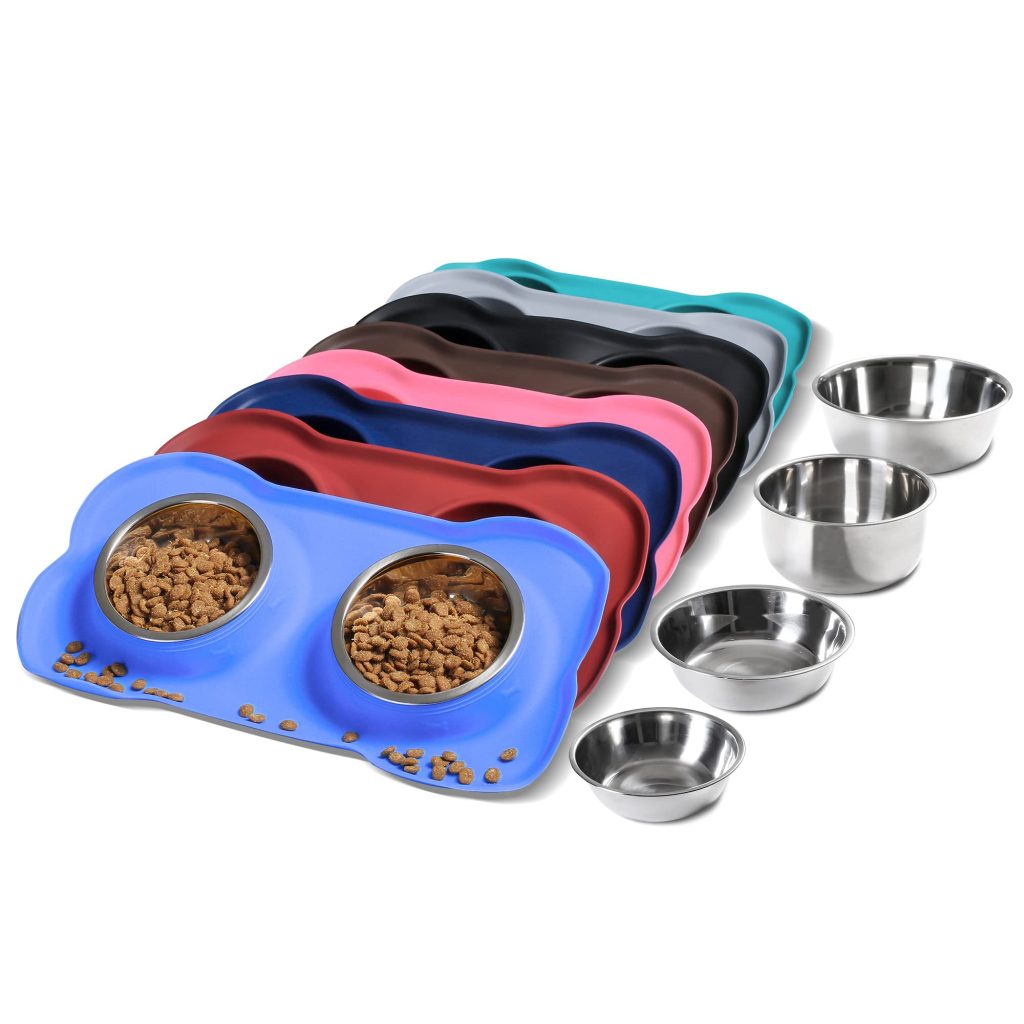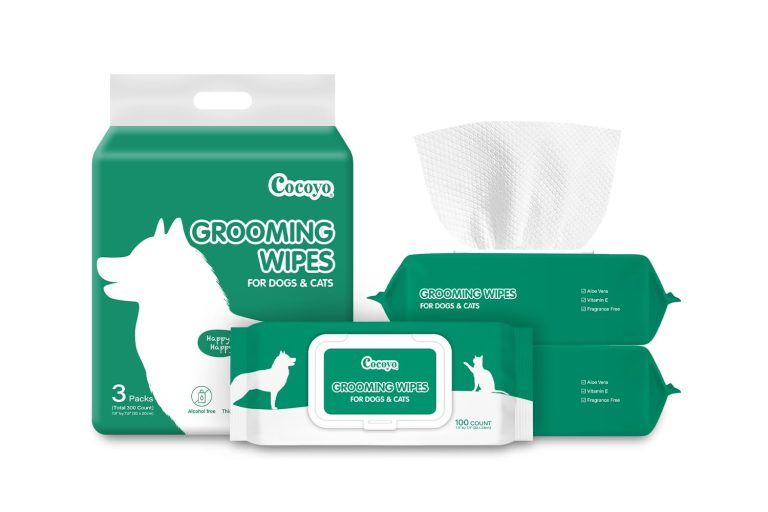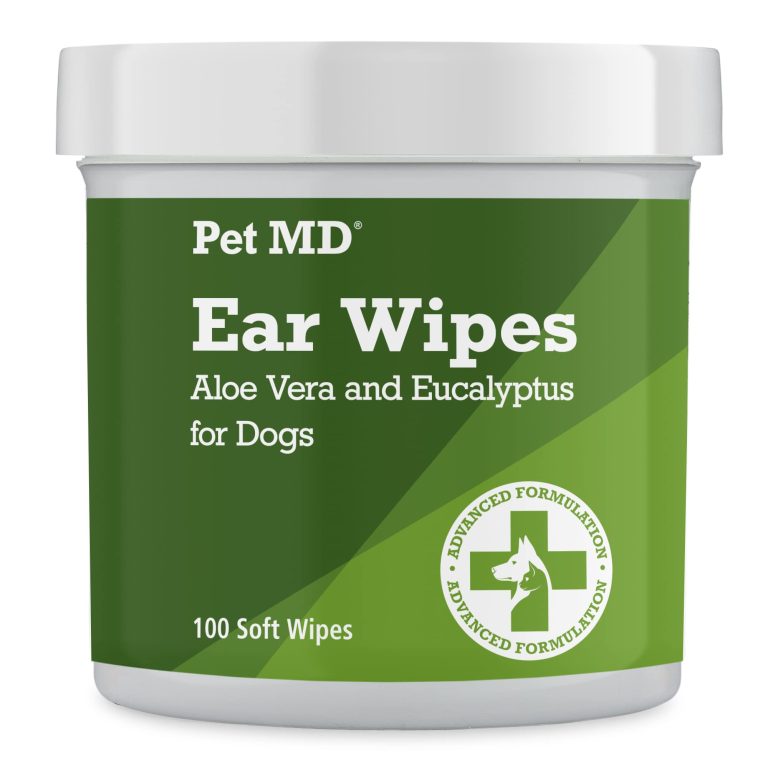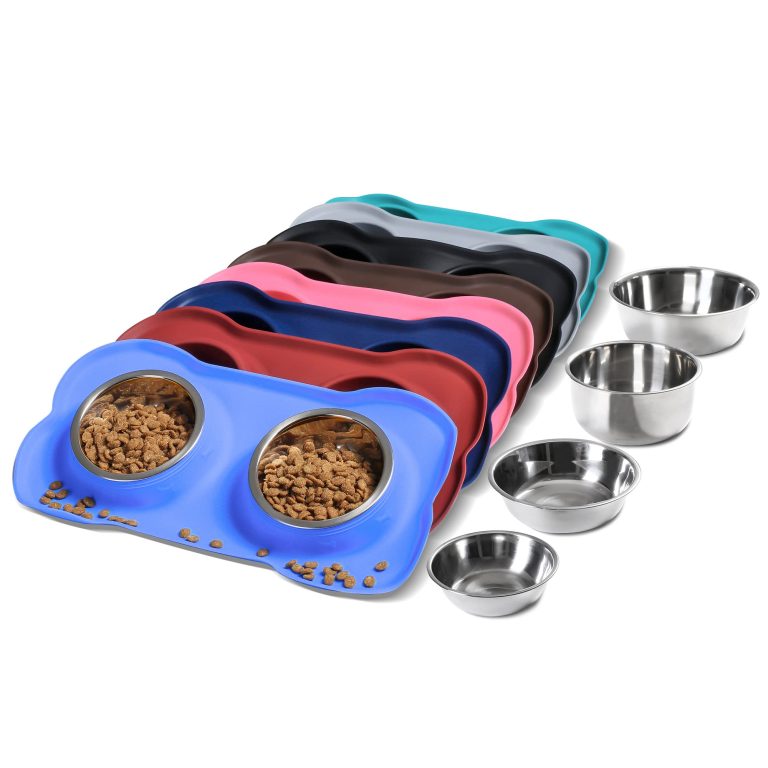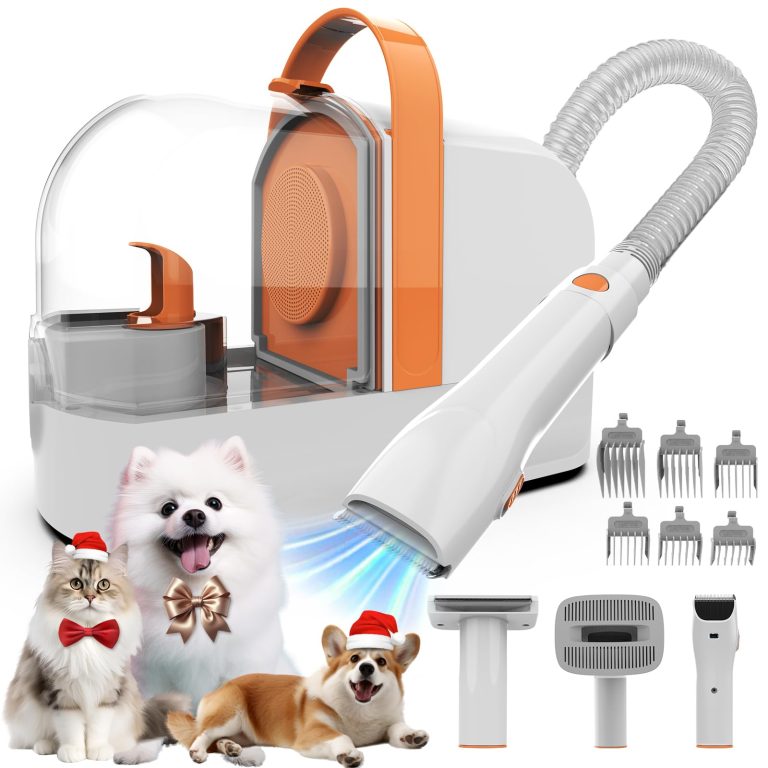The Best Diet for Brachycephalic Dog Breeds
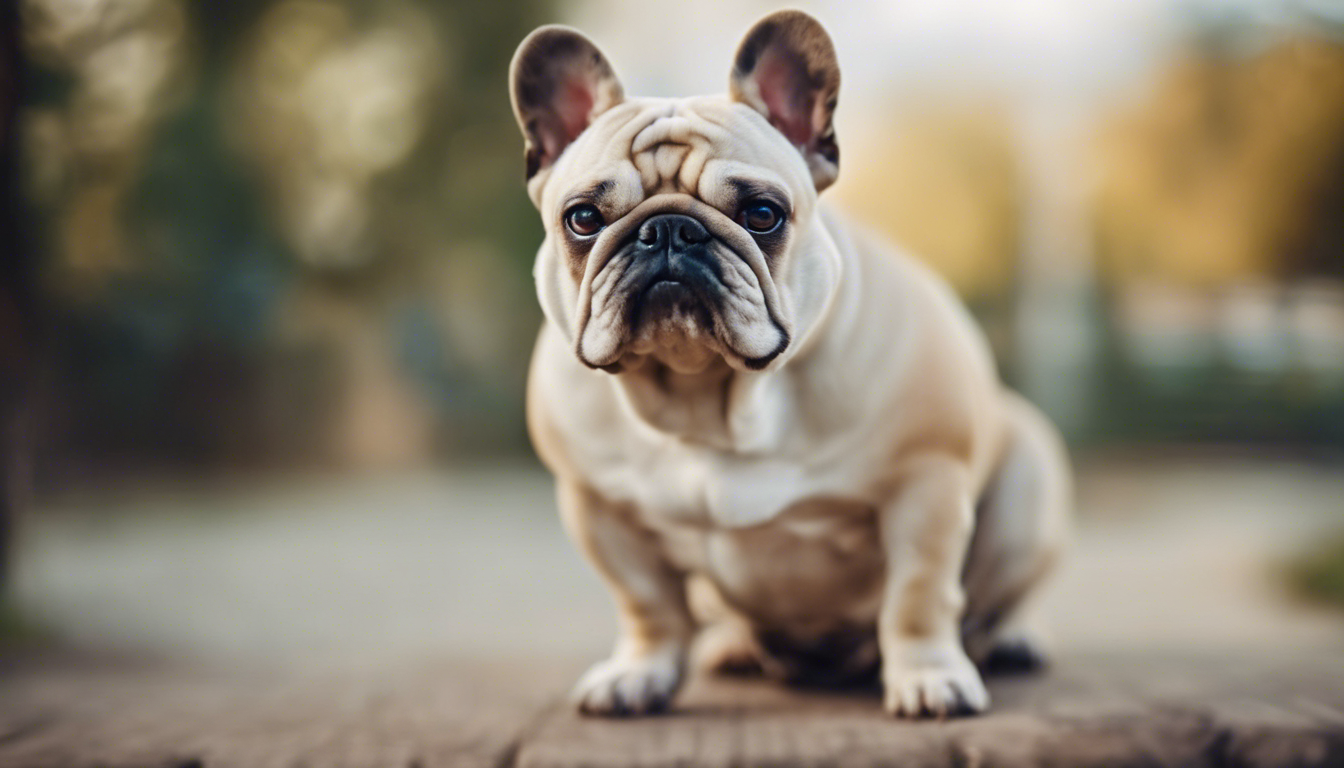
Brachycephalic dog breeds, such as Bulldogs, Pugs, and Boxers, require special attention when it comes to their diet. These breeds have a unique facial structure that can lead to certain health issues, particularly related to breathing and digestion. As a responsible pet owner, it is important to provide the best diet for your brachycephalic dog to promote their overall well-being and minimize potential health risks.
Balanced Diet Essentials
A balanced diet is essential for every dog, but it becomes even more critical for brachycephalic breeds. Here are some key elements that should be a part of their daily nutrition:
- Protein: That is the building block of your dog’s body and should be the main component of their diet. Look for high-quality protein sources like chicken, turkey, beef, or fish.
- Healthy Fats: Omega-3 and omega-6 fatty acids are beneficial for your dog’s skin and coat health. Include foods like salmon, flaxseed, and coconut oil in their diet.
- Carbohydrates: Opt for complex carbohydrates such as sweet potatoes, brown rice, or quinoa instead of simple carbs that can cause a spike in blood sugar levels.
- Fruits and Vegetables: These provide important vitamins, minerals, and antioxidants. Some great options include carrots, blueberries, spinach, and pumpkin.
- Digestible Fiber: Adding fiber to the diet helps in maintaining healthy digestion. Vegetables like green beans or canned pumpkin are excellent sources of fiber.
Dietary Needs for Different Life Stages and Breeds
While the aforementioned nutritional essentials are generally suitable for all brachycephalic breeds, it is important to adjust their diet according to their specific life stage and breed requirements.
Puppies:
Brachycephalic puppies require a diet that supports their growth and development. Look for high-quality puppy food that’s specially formulated for small or medium breeds. Ensure it contains the right balance of essential nutrients, including calcium and phosphorus, to promote healthy bone growth.
Adult Dogs:
As your brachycephalic dog reaches adulthood, it is important to transition them to an age-appropriate diet. Adult dog food formulated for small or medium breeds is usually a good choice. Keep an eye on their weight and adjust the portion size accordingly to prevent obesity, as excess weight can exacerbate breathing difficulties.
Senior Dogs:
Senior brachycephalic dogs may have different nutritional needs compared to adults. Look for senior dog food with added joint support ingredients like glucosamine and chondroitin to promote mobility. Adjust the portion size as their metabolism tends to slow down with age.
Breed-Specific Diets:
Some brachycephalic breeds may have unique diet requirements due to specific health conditions. For example, Bulldogs are prone to allergies, so an allergy-specific diet may be necessary. French Bulldogs are susceptible to pancreatitis, which requires a low-fat diet. Consult your veterinarian for breed-specific dietary recommendations.
Homemade Diet Options
While commercial dog food is carefully formulated to meet canine dietary needs, some pet owners prefer homemade diets for their brachycephalic dogs. If you choose this route, it’s important to do thorough research and consult with a veterinary nutritionist to ensure the diet is nutritionally complete. Here are some key guidelines to keep in mind:
- Protein: Include lean meats like chicken, turkey, or fish. It’s important to cook them thoroughly and remove any harmful bones.
- Vegetables and Fruits: Offer a variety of dog-friendly vegetables and fruits. Avoid potentially toxic options like grapes, onions, or garlic.
- Carbohydrates: Use whole grains like brown rice, quinoa, or oats as a source of carbohydrates.
- Dairy and Eggs: These can be included in moderation as long as your dog tolerates them. However, some brachycephalic breeds may be lactose intolerant.
- Fats: Include healthy fats like olive oil, coconut oil, or flaxseed oil, ensuring they are used in appropriate amounts.
- Supplements: If you prefer homemade diets, ponder discussing with a veterinary nutritionist to determine if any supplements are necessary to meet your dog’s specific nutritional needs.
Note: It is important to remember that homemade diets require careful attention to ensure they provide the necessary nutrients for your brachycephalic dog. Any diet change should be done gradually, monitoring your dog’s health and consulting with a professional if needed.
Ensuring a proper and balanced diet for your brachycephalic dog is paramount in maintaining their overall health and well-being. Alongside regular veterinary check-ups, addressing their unique dietary needs will contribute to their longevity and happiness. Remember, always consult your veterinarian or a veterinary nutritionist for personalized dietary recommendations and guidance.
